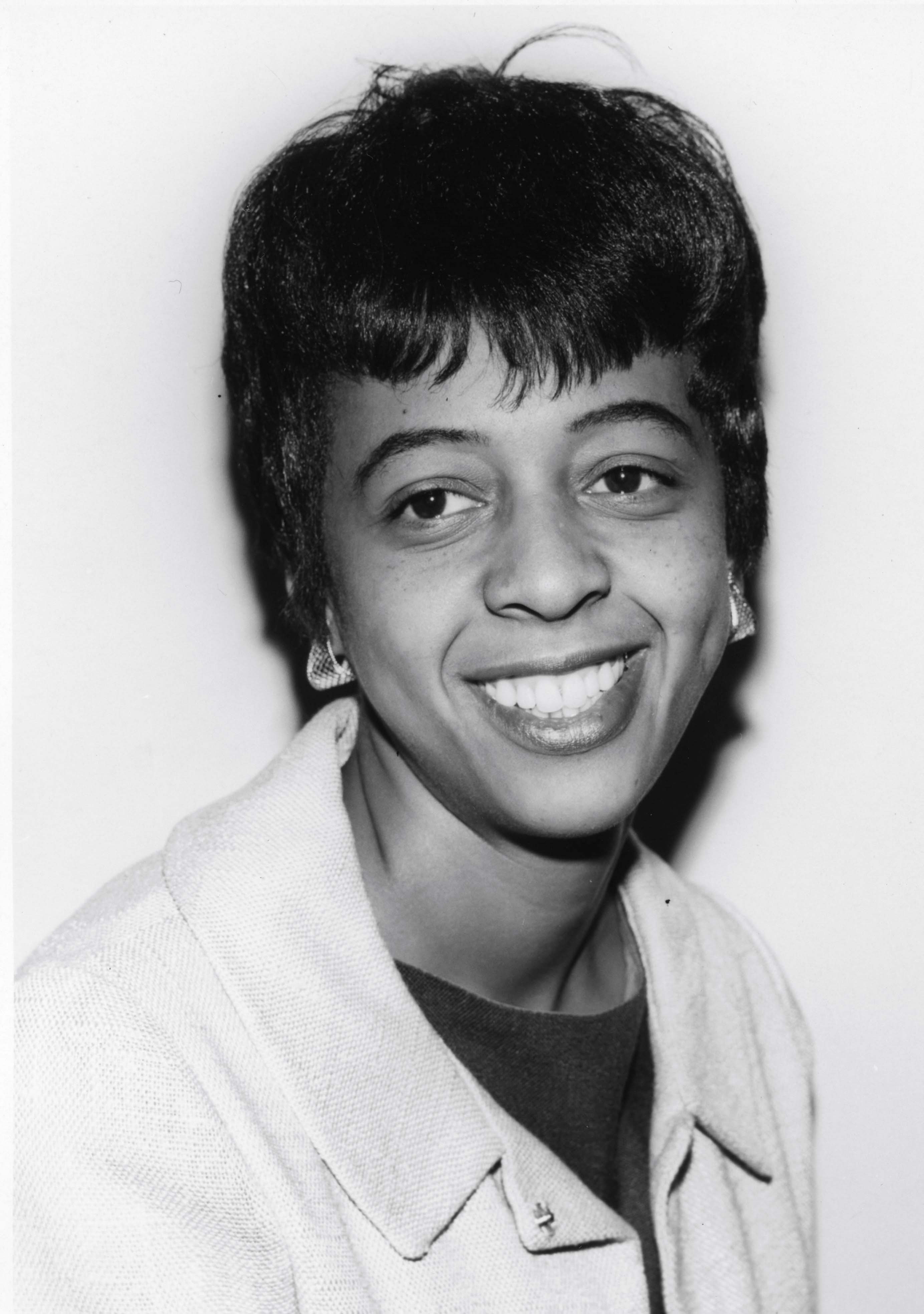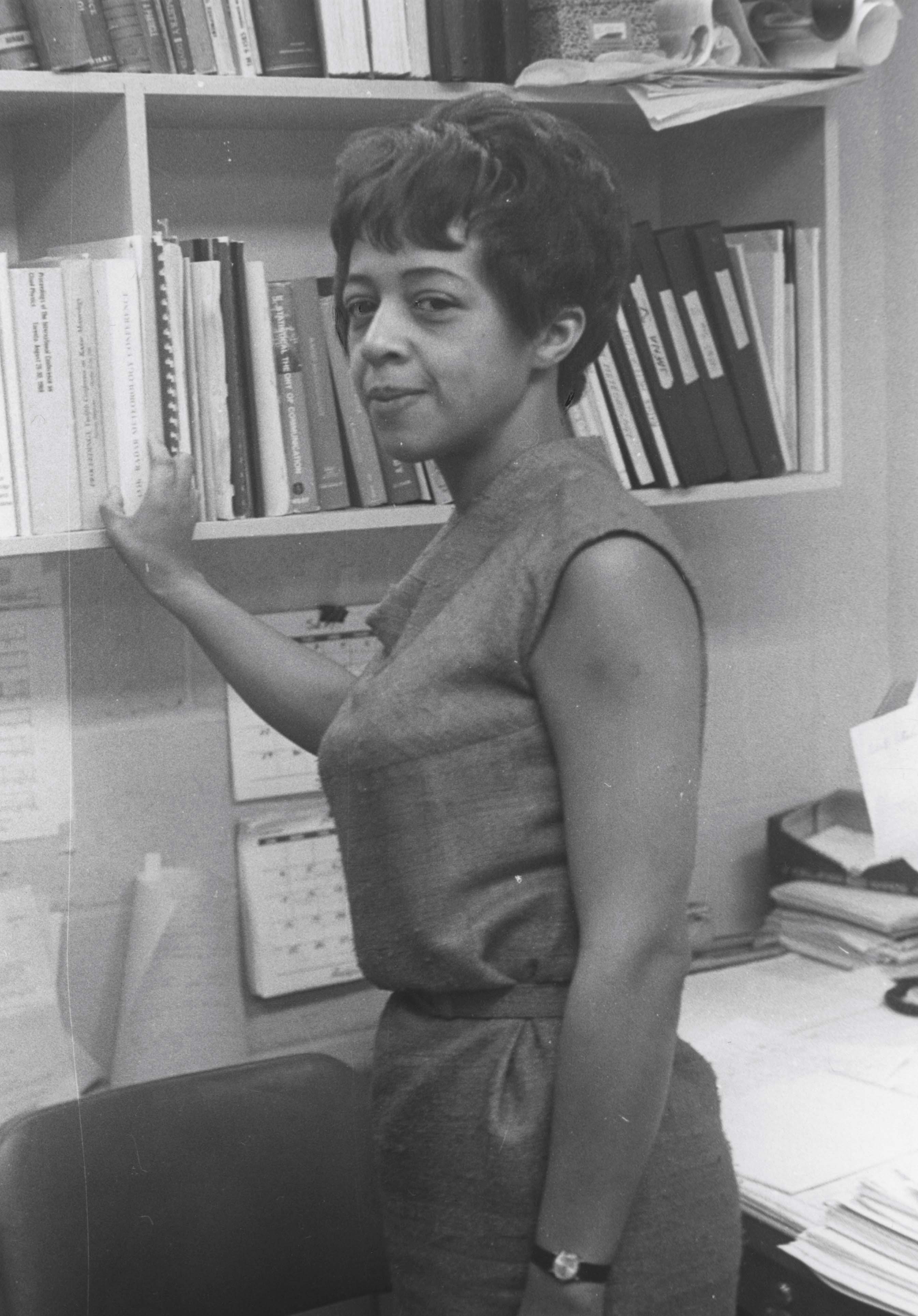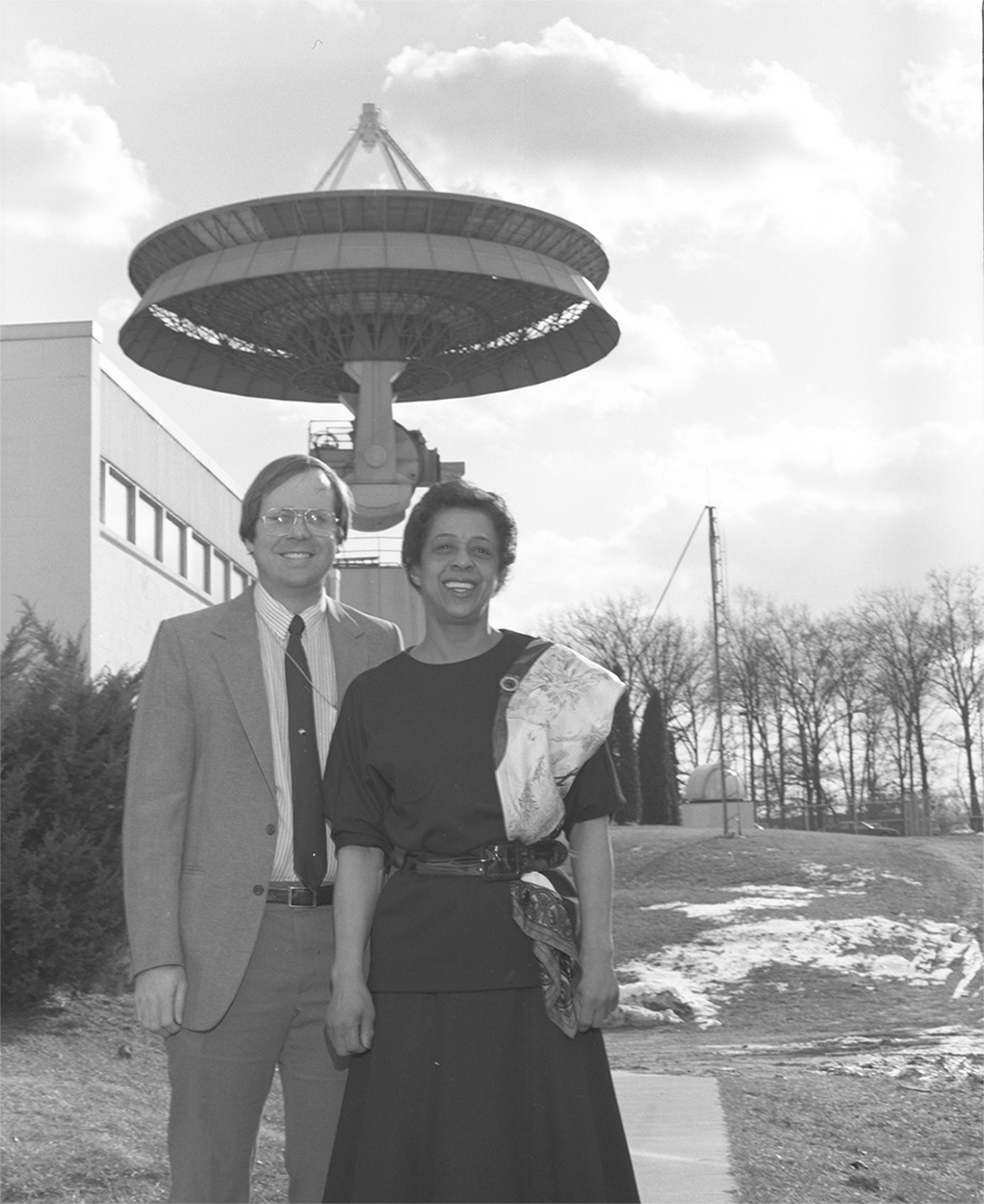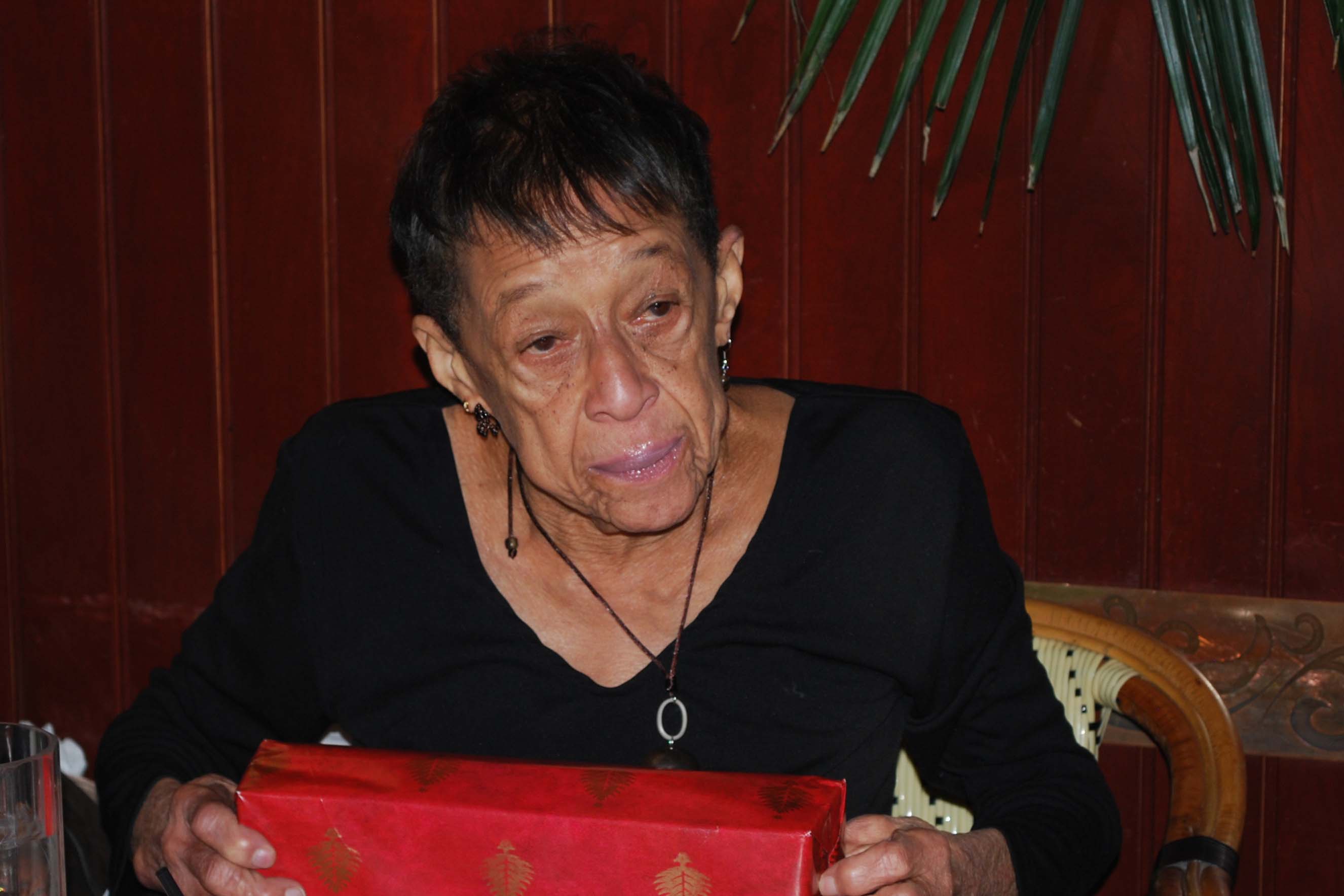
Ella Dobson, shortly after arriving at APL in 1960.
Credit: Johns Hopkins APL
News
Remembering Trailblazing Johns Hopkins APL Mathematician Ella Dobson
The life and legacy of Ella Dobson, who retired from the Johns Hopkins Applied Physics Laboratory (APL) in 1998 after a 36-year career, bridges two national celebrations of heritage and gender: Black History Month and Women’s History Month. Dobson, who died in February at the age of 85, applied mathematical precision to explore the mysteries of the ocean’s surface, and her insightful analyses revealed hidden truths within sea waves. Her groundbreaking work in ocean remote sensing — gathering data about the seas from space — provided a legacy of inspiration for future scientists, engineers and mathematicians.
Colleagues and family members remember Dobson as a brilliant researcher and a generous mentor. She grew up in Greenville, South Carolina, born into a family of education pioneers. Her great-grandfather, Elbert Beck, was a slave who was able to wrest enough of an education to enable him to build and then teach in a school for children of slaves. Eventually, the school was burned, but not before he had given many Black children a start.
The schoolhouse burning did not discourage her grandfather, Joseph Brown Beck, who served as a superintendent of schools in Georgetown, South Carolina. Her father, Joseph Elbert Beck, served as a high school principal in Greenville, South Carolina, for 21 years and had a high school named after him; it closed after four years, but today, the Beck Academy Middle School — a magnet school in Greenville County, South Carolina — is named for him.
“So going to college, you see, was not so much a decision as something that was expected of me,” she shared in a 1968 APL News article. “But being a mathematician was something else again.” She attended the historically Black Fisk College (now Fisk University) in Nashville, Tennessee, and decided, in her sophomore year, to pursue a degree in mathematics.


